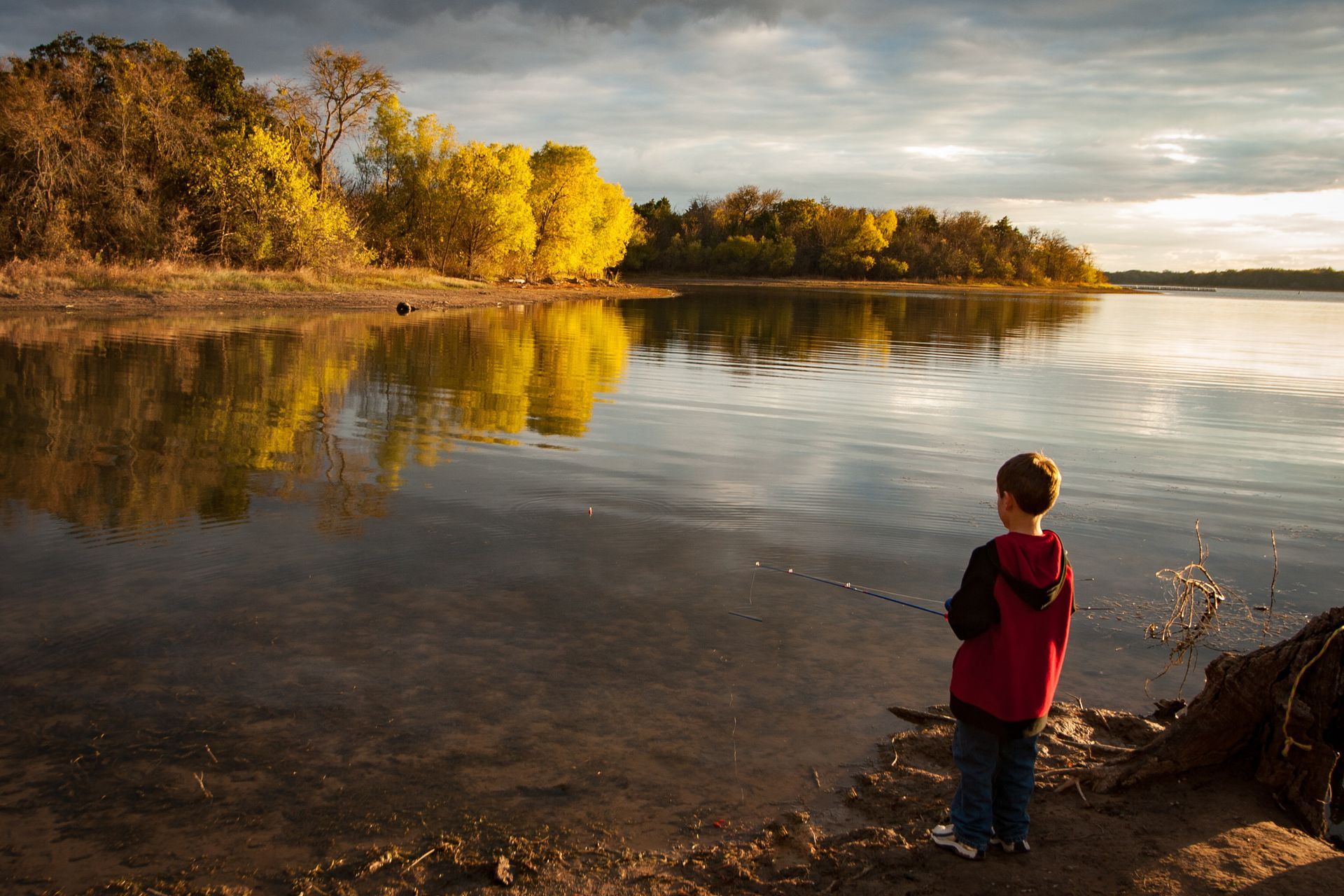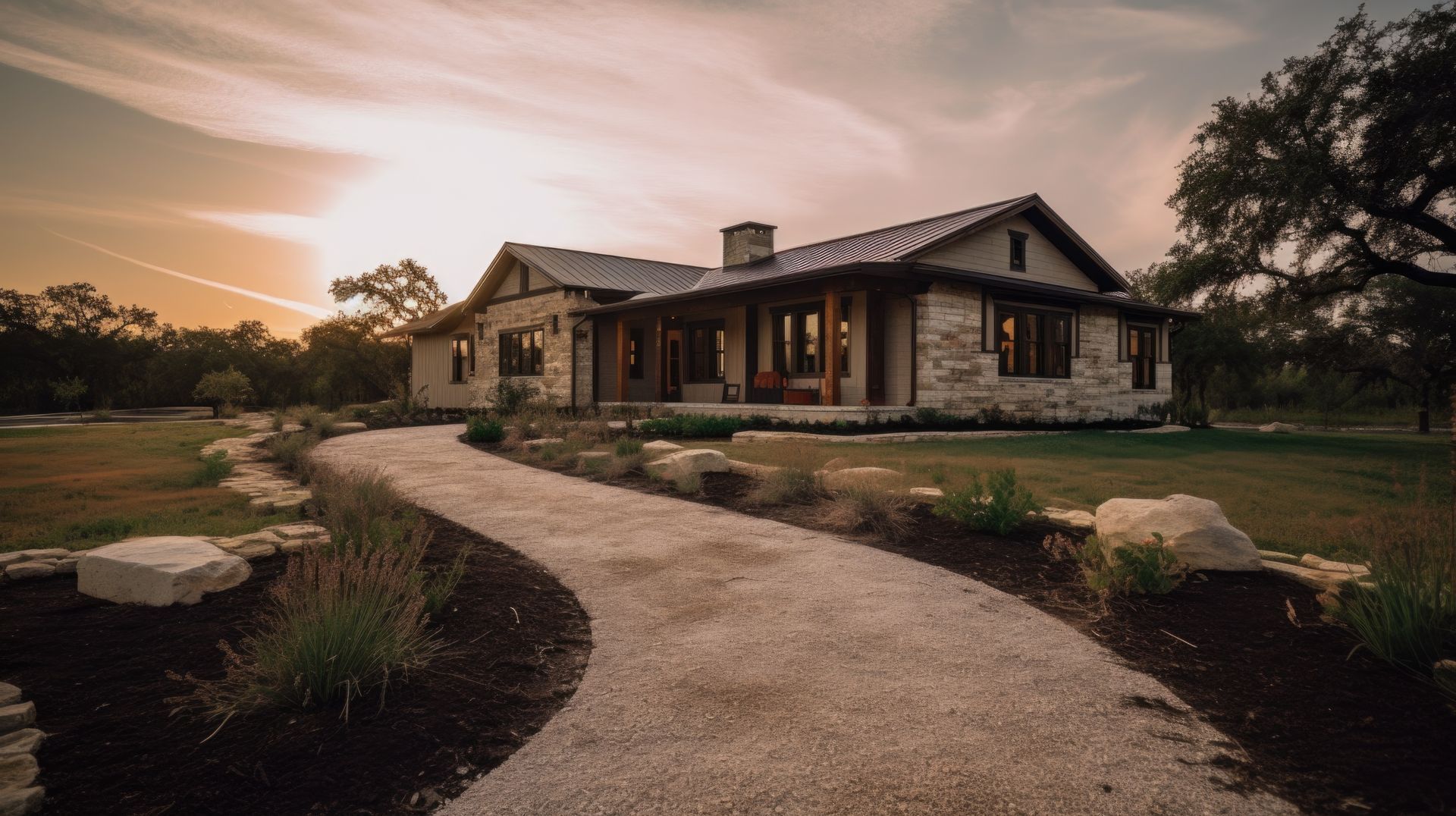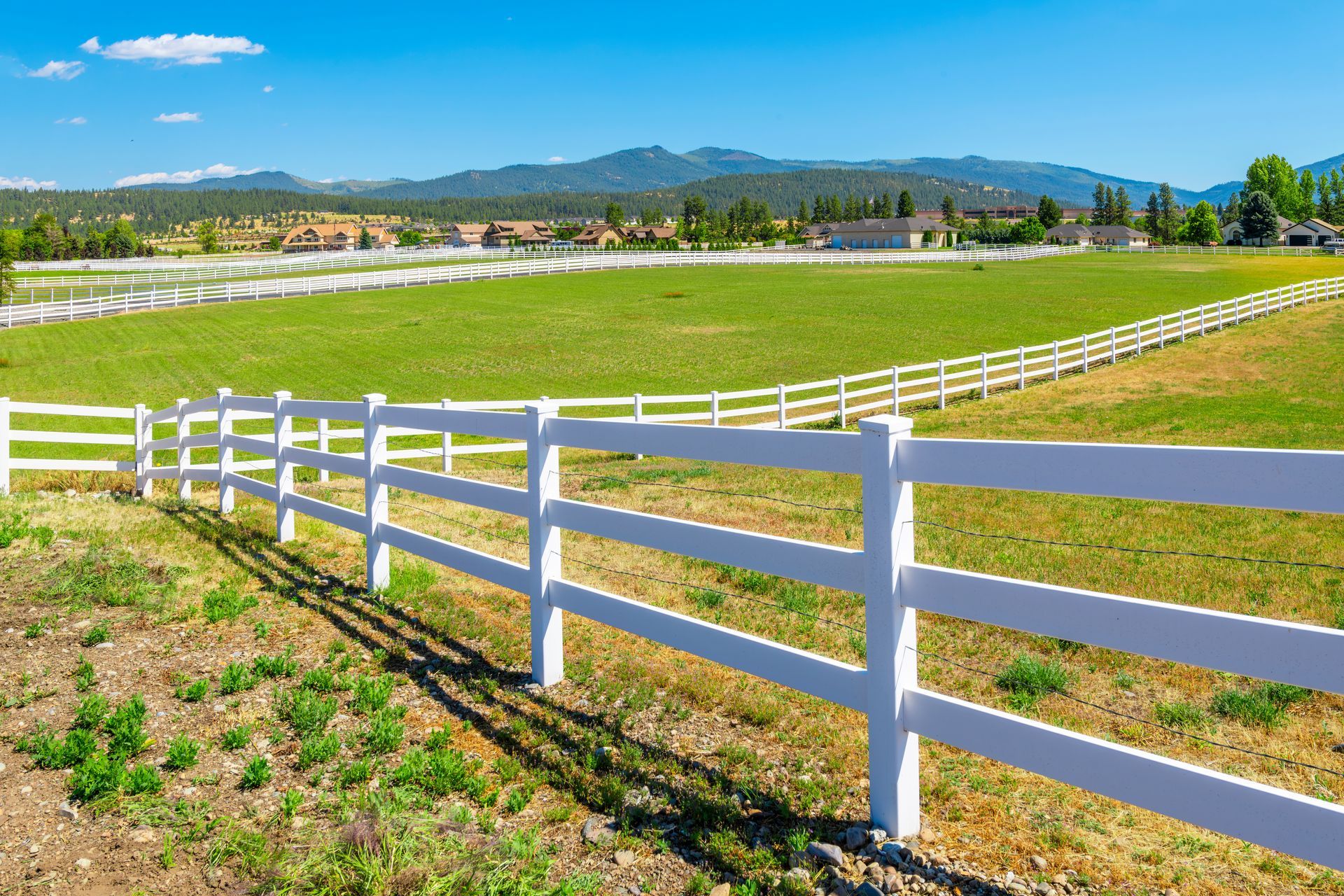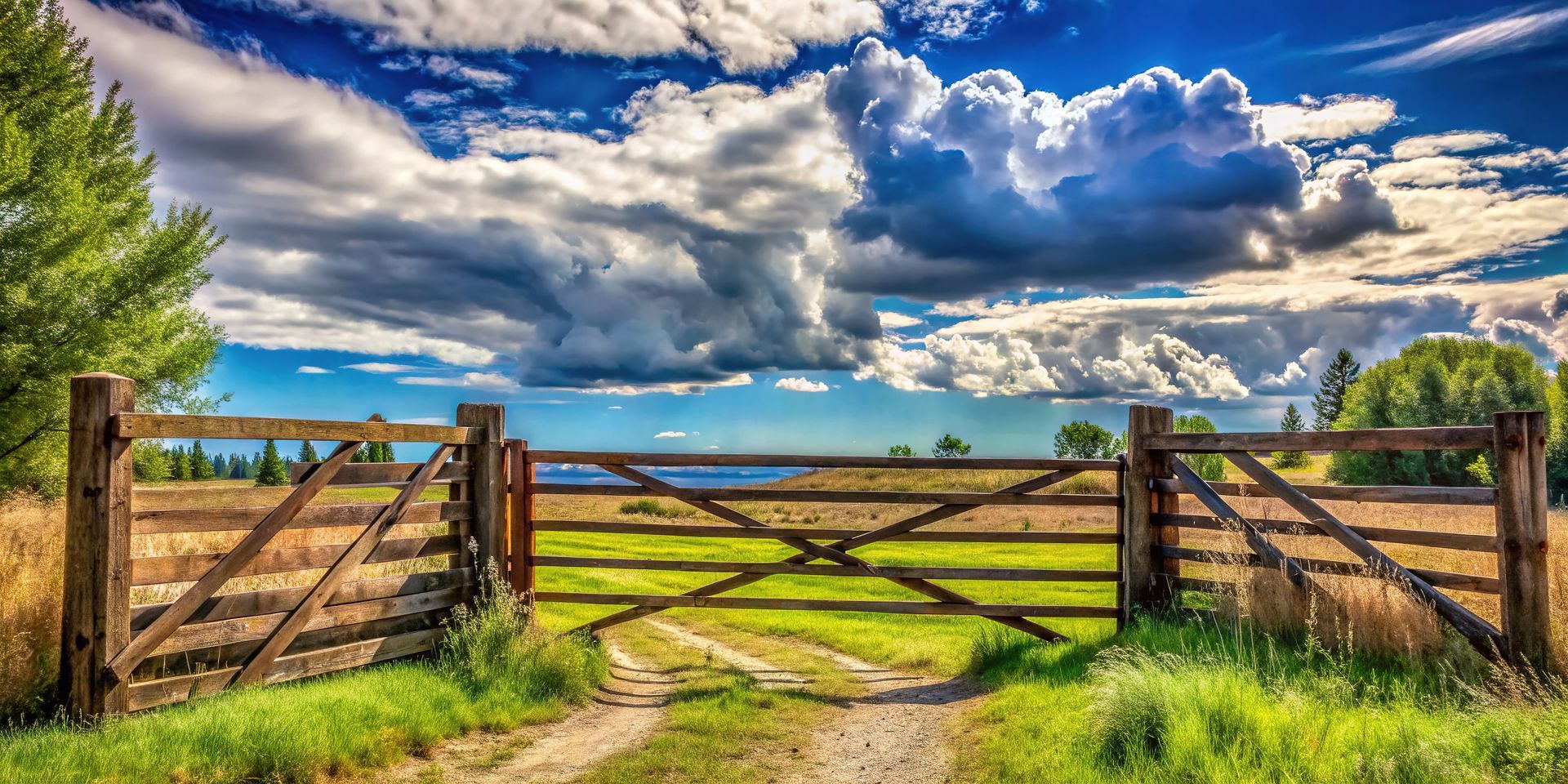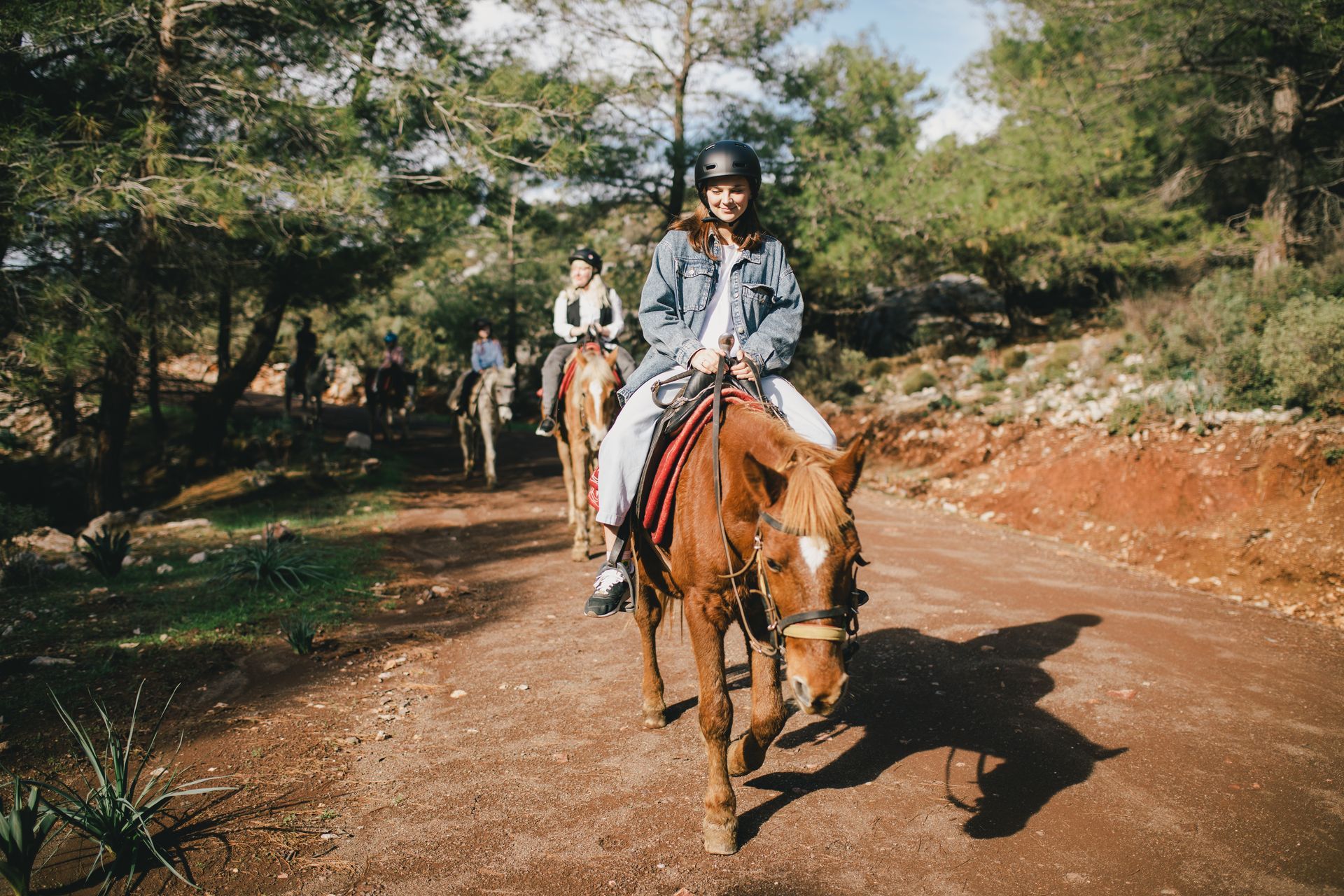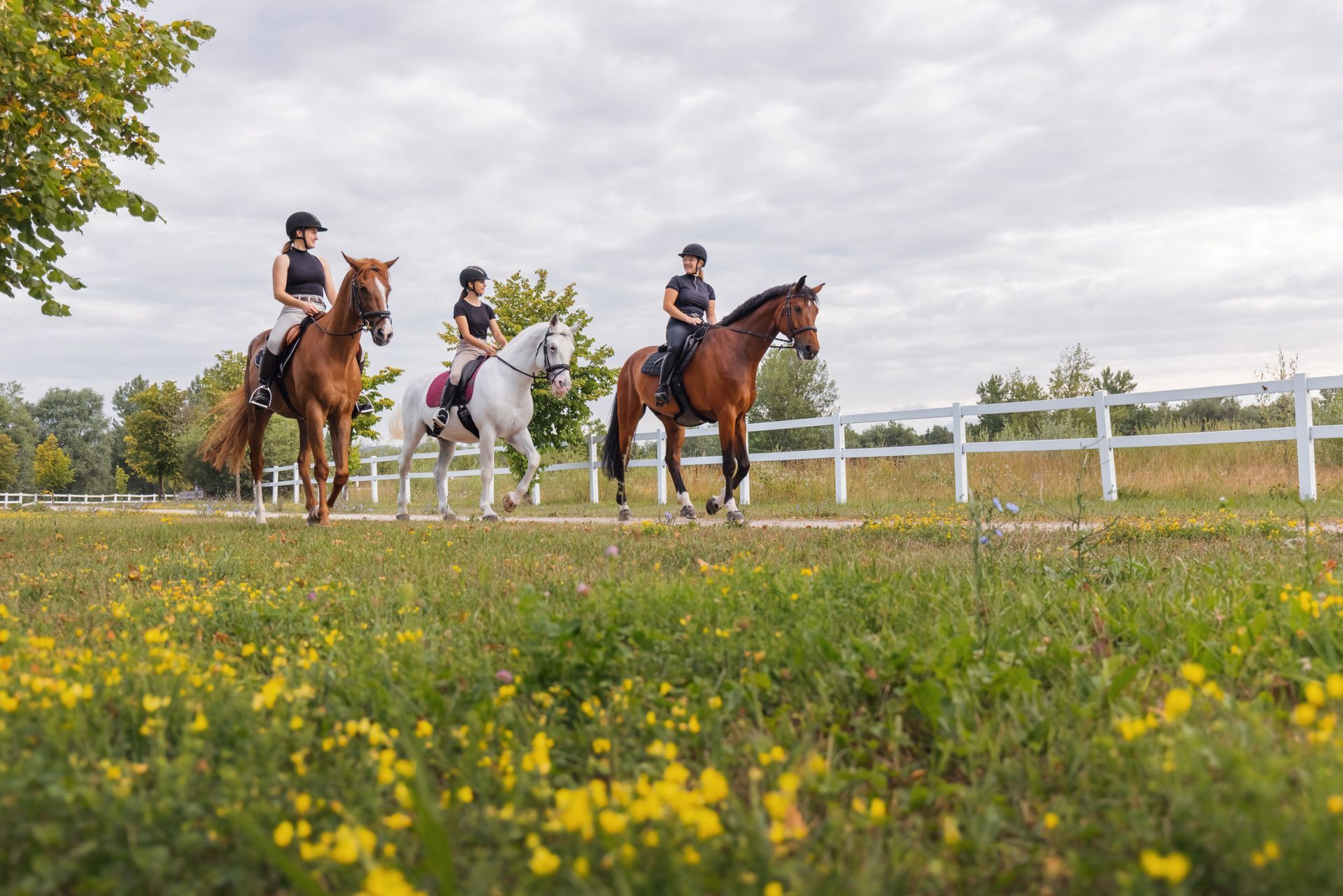Factors to Consider When Buying Hunting Land
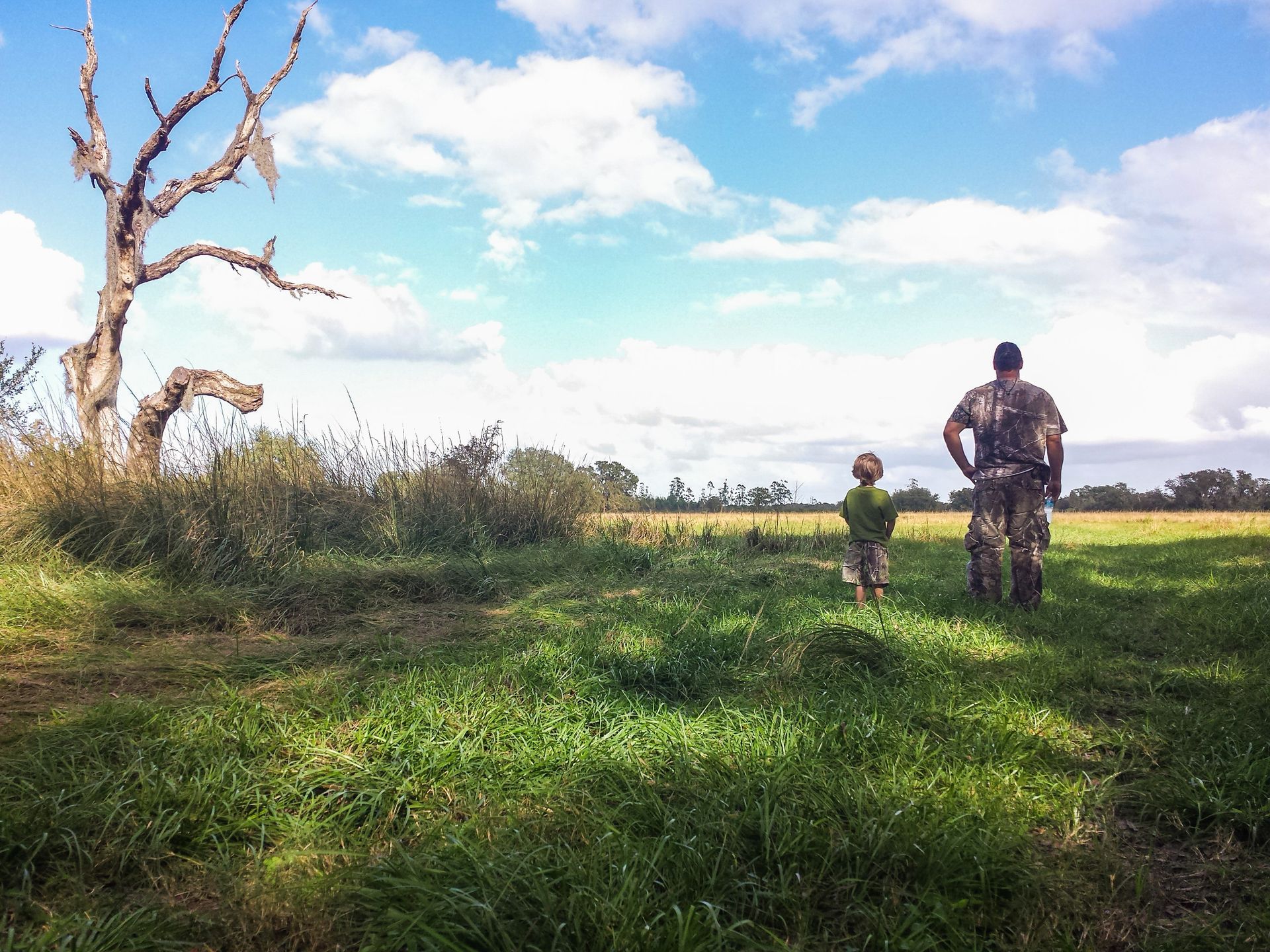
Investing in hunting land is a dream for many outdoor enthusiasts and avid hunters.
Whether you're looking for a private retreat to pursue game, establish a hunting camp or simply enjoy the great outdoors, purchasing hunting land requires careful consideration and planning to make the best decision.
Location
Hunters are more aware of ecology than most. They know that when it comes to investing in hunting land for sale, the location is vitally important. In addition to finding land with the type of biome you want to hunt in, take into account the proximity to your home or primary residence. Will it be easily reachable for brief hunting weekends, or will you have to take longer trips to make the visit worth it? Also consider whether the hunting land is accessible to major roads, highways, airports etc.
If you’re looking for a well-rounded vacation spot for the whole family, you may also want to look into other recreational opportunities nearby. For Texas hunters considering land outside of the state, you’ll want to be sure to look into hunting rules and regulations in advance. Be sure you’re familiar with restrictions before you invest.
Terrain and Habitat
Be sure to evaluate the terrain and habitat of the hunting land to determine its suitability for your hunting preferences and target species. Many hunters may be interested in finding a place with diverse landscapes such as forests, fields, wetlands and water sources that provide habitat for a variety of wildlife. Steep hills, ridges, valleys and natural features like creeks, rivers and ponds can attract and sustain game populations and offer prime hunting opportunities throughout the year.
Wildlife Population
Hunting land should have an abundance of wildlife species. Look for signs of game activity such as tracks, trails, bedding areas and feeding sites. You should also consider consulting with a local game warden or local hunters who know the area and can provide insights into the property's potential for hunting success.
Legal Considerations
Before purchasing hunting land, familiarize yourself with local hunting regulations, zoning ordinances and land use restrictions. Verify property boundaries, easements and access rights to ensure compliance with applicable laws and regulations. It’s also important to research hunting seasons, bag limits, licensing requirements and any special permits or tags necessary for hunting on the property to avoid potential conflicts and liability issues.
Access and Infrastructure
Evaluate the accessibility and infrastructure of the hunting land you are thinking about investing in. This includes road frontage, internal roads, trails and potential building sites for cabins or hunting lodges. Make sure it isn’t too difficult to navigate the property, transport equipment and retrieve harvested game. Also, assess the availability of utilities such as electricity, water and sewage, as well as amenities like storage facilities, outbuildings and food plots.
Conservation and Management Practices
Look for hunting land for sale that has been managed and conserved to promote healthy wildlife populations and sustainable hunting opportunities. Properties enrolled in conservation programs or managed for wildlife habitat improvement and preservation are often ideal for an authentic experience unmarred by invasive species or environmental damage.
Habitat management practices like prescribed burning, timber harvesting, invasive species control and wildlife food plots can also enhance the property's hunting value over time.
Financial Considerations
There are a variety of financial considerations to take into account when purchasing hunting land. First, you should determine your budget and financial resources available for acquiring and managing the property. Also be sure to consider the totality of costs involved, including the purchase price, property taxes, insurance, maintenance costs and financing options. Factors such as timber value, recreational lease income, hunting lease potential and appreciation in land value can influence the long-term investment potential of hunting land.
Environmental Factors
Consider the environmental characteristics and conservation value of the hunting land, including soil quality, water quality, air quality and biodiversity. Assess potential environmental hazards such as pollution, erosion, flooding and invasive species infestations that may affect the property's suitability for hunting and outdoor recreation – and the cost of preventing these issues. Before you invest, you may want to look into the feasibility of effective conservation practices to protect and enhance the natural resources of the hunting land for future generations.
Personal Preferences and Goals
Ultimately, your personal preferences and goals should guide your decision when buying hunting land. Factors such as hunting objectives, recreational activities, family interests and lifestyle preferences all play a role when selecting a property. Think about the type of hunting experience you desire, whether it's pursuing big game, waterfowl, upland birds or small game, and find a property that aligns with your interests and aspirations.
Professional Assistance
Sometimes, it may be useful to seek professional assistance from real estate agents, land brokers, attorneys and other experts who specialize in hunting land transactions.
A knowledgeable and experienced professional can help you make the best decisions when buying hunting land, negotiate favorable terms and identify properties that meet your specific criteria and preferences. They can also provide valuable insights into local market trends, property values and investment opportunities.
Purchase Land and Join Our Exclusive Sportsman Refuge in Texas
Ranger Ridge offers all the features of the ideal hunting land investment without the added costs or downsides of DIY land management. Our private community has countless fishing, riding, hiking and outdoor recreation opportunities on top of world-class hunting with dozens of species spanning 1,800 acres of pristine Texas wilderness. You get the private hunting land experience combined with upscale exclusive luxury community living with none of the private hunting land hassles.
Book your free private tour today by giving us a call at (817) 618-6773 or by filling out the form on our website.

